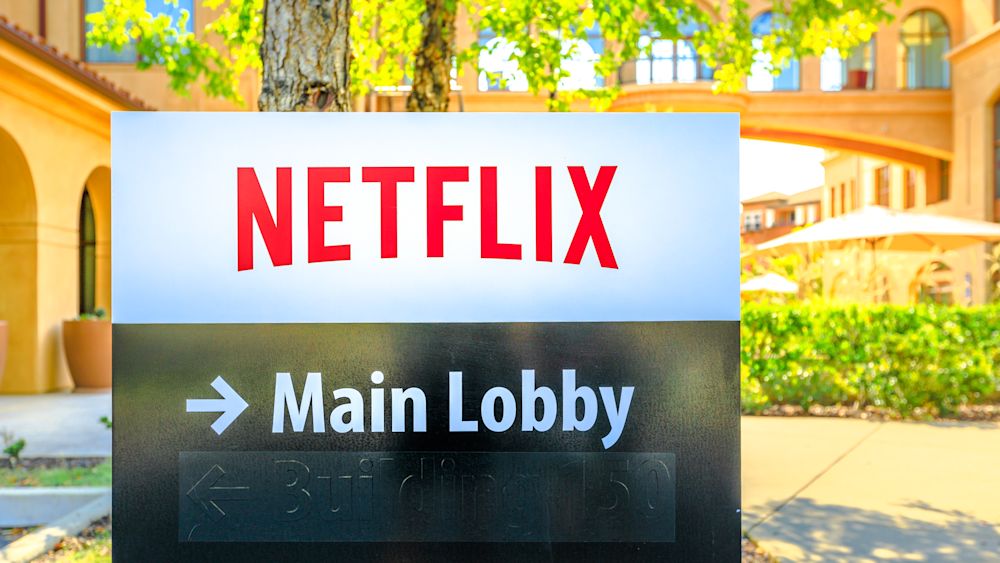- Iterate
- Meet The Team
- The Org’s 2022 Layoff Tracker: Big Tech
Table of contents
These Big Tech companies have slashed staff or frozen hiring amid a broader market reckoning.

The 2022 tech layoffs are well underway, and they’re not sparing behemoths with multi-billion-dollar market caps and thousands of employees.
Plunging markets are driving the labor cuts at these publicly traded juggernauts. Netflix, for example, has watched its stock price fall by 70% from early 2022. The streamer has announced three major waves of layoffs since mid-April, when it admitted that subscriber counts had fallen by 200,000 — the company’s first paid customer count drop in a decade.
The Org’s team of journalists is tracking the latest layoffs and hiring freezes at Big Tech companies. We’ll be updating it regularly, as necessary. The list is in reverse chronological order, with newer announcements at the top.
Tesla
Elon Musk's electric vehicle company laid off 200 employees within its Autopilot division, the unit behind its self-driving technology, on June 28. The cuts, which mainly impacted hourly workers, come as Tesla shutters its San Mateo, Calif. office. Musk also previously announced a round of layoffs in early June affecting 10% of the company's salaried positions. In an email to the company then, he wrote that he had "a super bad feeling about the economy."
Netflix
Netflix laid off 300 workers on June 23, about 3% of its global workforce. The streamer is already on its third recent wave of layoffs: In mid-May, it laid off 150 employees across the company, and in late April, it shuttered its editorial arm Tudum just five months after it launched.
Spotify
In mid-June, Spotify said it would slow hiring by 25%, per Bloomberg. The company hired more than 2,000 employees between 2019 and 2021 — for a total of more than 6,600 workers late last year. Spotify’s stock price has dropped more than 50% so far in 2022.
PayPal
PayPal let go of 83 employees from its San Jose headquarters — mainly engineers, managers and directors, the Silicon Valley Business Journal reported in May. The cuts follow news of PayPal slashing its projections for its full-year profit last month. In April, PayPal announced it would shutter the San Francisco office of subsidiary Xoom.
Lyft
Company president John Zimmer sent a memo to staff in late May saying that Lyft will slow hiring in the U.S., reduce some departmental budgets and grant new stock options to employees in response to a stock price that’s fallen by 60% so far this year, according to The Wall Street Journal.
Salesforce
Nearly a year after it paid nearly $28 billion to buy Slack, San Francisco-based Salesforce is slowing hiring and pausing some recruitment to conserve cash, according to Insider. The company is also dialing back off-sites and other expenses.
Turmoil has reigned at the blue bird social media company in the wake of Elon Musk’s plans to pay $44 billion to take it private. That deal, announced in April, now looks uncertain — and at least five executives have since left the company or been pushed out. CEO Parag Agrawal said on May 12 that Twitter would freeze hiring and rescind some standing job offers.
Snap
The company behind Snapchat reported a bleak financial outlook in May that pulled share prices down nearly 40%. CEO Evan Spiegel stopped short of a total freeze, but he’s hitting the hiring brakes. Snap will add just 500 more employees this year, compared to the more than 2,000 it has hired over the past 12 months. “We continue to face rising inflation and interest rates, supply chain shortages and labor disruptions, platform policy changes, the impact of the war in Ukraine and more,” he wrote in an internal memo obtained by The Verge.
Meta
In early May, Meta became the first tech giant to freeze hiring — an “unprecedented” step for the Facebook and Instagram parent, Insider reported. CFO David Wehner blamed an "industry-wide downturn" and said the freeze would affect nearly every team at the company.
Sign up now: Stay up to date, level up and hire better with our behind the scenes newsletters at the world’s top startups.

